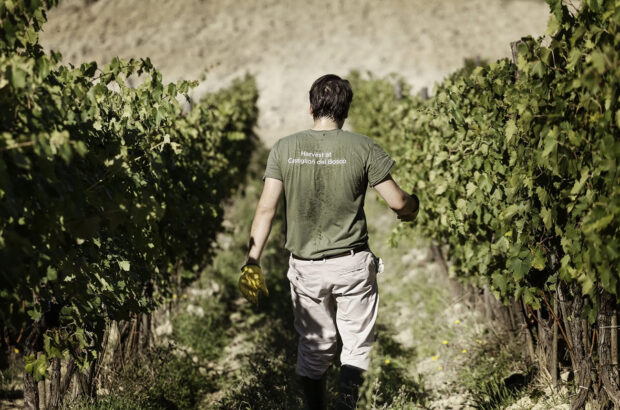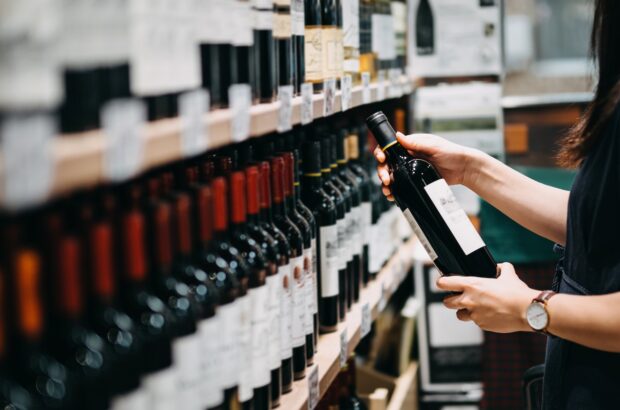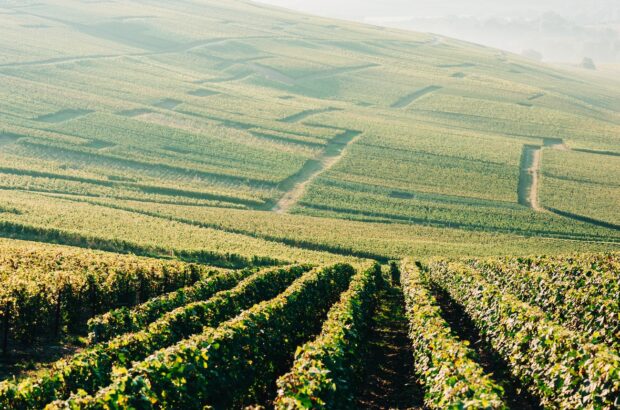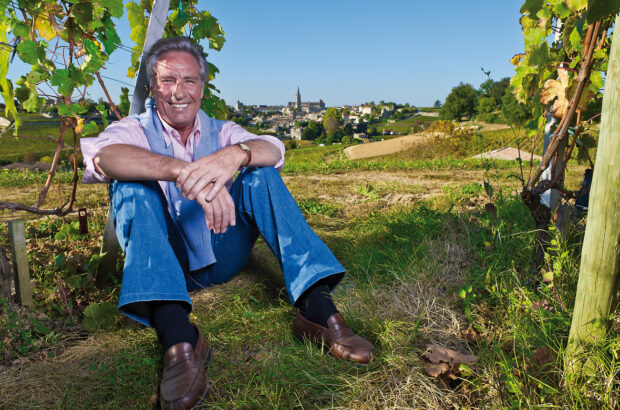‘Better than expected’ is Robert Parker’s verdict on Bordeaux 2006 – and he is equally cautious with his points.
The American critic – whose notes on Bordeaux en primeur are hugely influential in determining the price of the wines – awards three potential 100 point scores.
‘I did not expect the highlights of 2006 to be as promising as they turned out,’ Parker says.
He praises the dry whites, which harvested before the September rains and show ‘wonderful minerality and zesty fruitfulness’. The sweet whites are ‘challenging’.
In the Medoc he says ‘only the well-financed top terroirs’ could put in the work the vineyards, de-leafing and crop-thinning, as much as was necessary to secure the vintage.
Those properties that couldn’t afford the labour produced ‘dry, hard, angular, generally charmless wines’.
The Pomerols are excellent across the board. ‘These wines taste as though they are from a completely different vintage than those from the Medoc.’ St Emilion is irregular, with some ‘truly classic’ wines but some ‘disappointments’.
Top scores went to Mouton-Rothschild, La Mission Haut Brion, and St Emilion’s Bellevue Mondotte (all 96-100). None of the other first growths made a potential 100 points.
All three, in their way, are surprises. Mouton is reckoned to have shone (Decanter critics including Steven Spurrier raved about it, others, Jancis Robinson included, were not so positive), but it seldom out-performs its four sister first growths. La Mission is a blockbuster compared to its more illustrious first wine, Chateau Haut Brion, whose relatively modest score (92-94+) has surprised many.
The tiny Bellevue Mondotte, owned by Pavie proprietor Gerard Perse, is a Parker favourite, ‘the ultimate vin de garage…it possesses amazing power, precision, elegance, purity, richness, and just about anything else anyone could desire in a young Bordeaux.’
Paul Pontallier of Chateau Margaux welcomed the high Mouton score and said he was not disappointed by Margaux’s 93-95 points (‘a medium-to full-bodied wine of great nobility’).
‘Mouton’s score is good for them and good for all of us. I am not surprised at our score: I have always said this was an extremely good, but not extraordinary, vintage.’
He refused to be drawn on price. ‘It’s too early to say. We need to be between the price of 2004 and 2005.’ Since the two vintages now fetch €243 and €670 per bottle respectively, Pontallier conceded ‘there is a huge opportunity for pricing.’
In London, Gary Boom of major merchant Bordeaux Index said Parker’s scores chimed with his own. ‘They are spot on. ‘Mouton, La Mission and Haut Brion are our wines of the vintage.’
Boom said 2006 ‘won’t sell well and will be a bad investment’ but it would be a classic vintage for new buyers – especially in the Far East – who want to secure allocations in future.
He predicted the first growth prices would be almost exactly between current 04 and 05 prices. A case of Margaux, according to his calculation, will hit the London market at around £2,600-£2,800.
Mouton, with its high score, would then come out much higher for its second tranche.
‘Even at those prices,’ Boom said, ‘I still think they will be completely overpriced.’
Lindsay Hamilton, chairman of Farr Vintners, the biggest en primeur merchant in the UK, was more positive. ‘These scores won’t be the making of the vintage, but they won’t be a hindrance.’
Parker’s other highlights of the vintage are L’Eglise Clinet (96-98+, ‘a finish that lasts over 60 seconds’), Angelus (92-95, ‘sensationally rich’), Ausone (95-97, ‘surreal in its lightness and delicacy’), Cheval Blanc (92-95, ‘finesse, purity and beautiful nuances…. drinkable in 2-3 years’), Cos d’Estournel (92-94+, ‘terrific effort…medium bodied’), Pape Clement (92-94+, ‘Bernard Magrez…Bordeaux’s leading visionary’), Pavie (96-98, ‘…another candidate for Wine of the Vintage’) , Petrus (94-96, ‘among the longest-lived wines of the vintage’), Le Pin (93-96, ‘sadly, most consumers can neither afford nor find this stunning Pomerol’), Vieux Chateau Certan (94-96, ‘should eclipse their 2005. Bravo!’).
Warning shot on prices
In his summing up Parker sends a veiled warning to the chateaux: don’t price high to attract the new millionaires of the Far East and elsewhere. Respect your traditional markets.
‘I do not expect an active futures campaign, but the global marketplace has changed dramatically, and the emergence of new, potentially huge purchasers of fine Bordeaux…are changing the scenario.
‘The traditional markets of England and the United States are being bypassed in favour of other buyers’.
Is this a blip on the radar, Parker asks, or a sea-change – ‘a profound transfer of power’?
‘In my opinion, the Bordelais would be shortsighted not to recognize the importance of their most loyal customers.’
Written by Adam Lechmere






